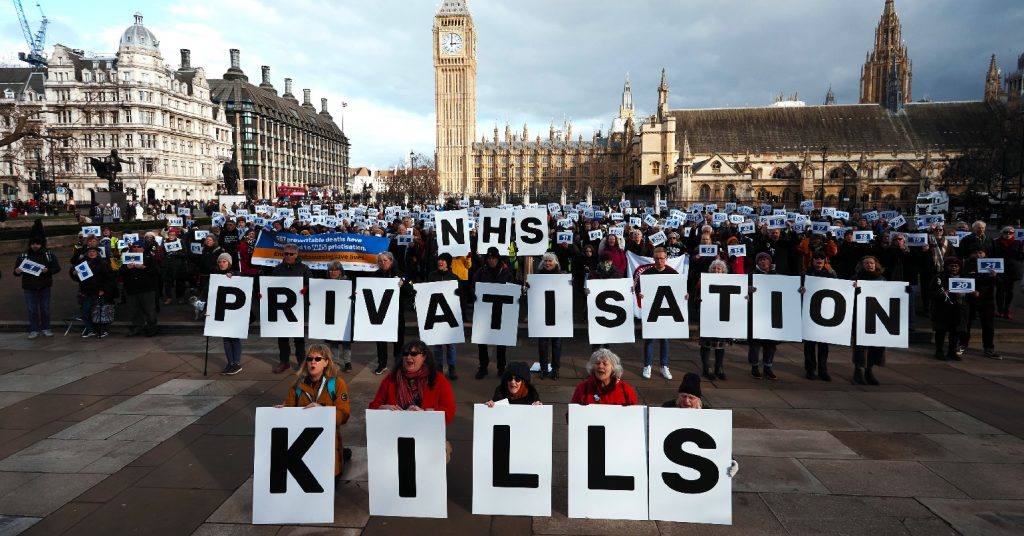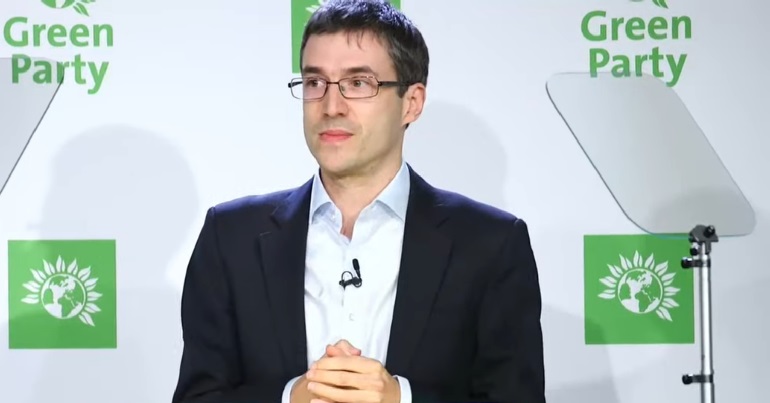The great train robbery – fighting unfair fairs
Much to the surprise of my instructor I recently passed my driving test. The idea is that, if push comes to shove and someone is ill or something needs transporting, I can borrow a car for a day, safe in the knowledge that I’m not ruining the planet because I’m not a ‘real motorist’. What worries me now, and what persuaded me to go to Waterloo station at 8am this morning, is that driving seems to make more and more sense as a way of getting around Britain.
It isn’t that driving long distances is faster, in fact travelling by train is often much quicker. It isn’t that cars are safer- they’re far more dangerous. And it isn’t that cars are better for the environment, that’s very rarely the case. The reason that driving is so tempting, and the reason that I was outside Waterloo this morning, is that catching the train is becoming increasingly unaffordable. In the new year commuters will be paying an average of 8% more for their tickets. By 2015, thanks to the government policy of allowing fare increases of RPI plus 3%, fares could have gone up by 28%.
The government insist that these price rises are to pay for improvements in the railways but, with rail fare inflation four times greater than the average wage increase, it seems increasingly likely that passengers are going to be put off taking the train.
These fare increases, like so many of the Coalition’s policies, will hit the poorest hardest. On the edges of London, for example, the poorest workers are already being forced to spend hours of their day on buses to get to work. With the latest hike in fares it seems highly likely that more people will be dragged into the extremely slow process of commuting by road.
It isn’t only Britain’s poorest commuters who will be hit by the hike in Rail fares. As a gentleman from Friend of the Earth said at the rally this morning: “We cannot seriously tackle climate change in this country if we make the railways unaffordable.”
The train unions, who were out in force this morning, insist that the root of the problems with the railways is privatisation. With a report, released yesterday, suggesting that £6.7 billion has been lost from the railways since 1997 through privatisation they certainly seem to have a point.
Though I’m not yet going to be forced into using the car as my main choice of transport, I can certainly see why people drive. The government have once again got this wrong. At a time when the economy is suffering the state should be investing in public transport rather than forcing price rises on passengers who can barely afford the train as it is. We need a transport system fit for the future. That means, among other things, fewer cars and cheaper, better trains.
Take action on the rail fare hike.






Leave a Reply